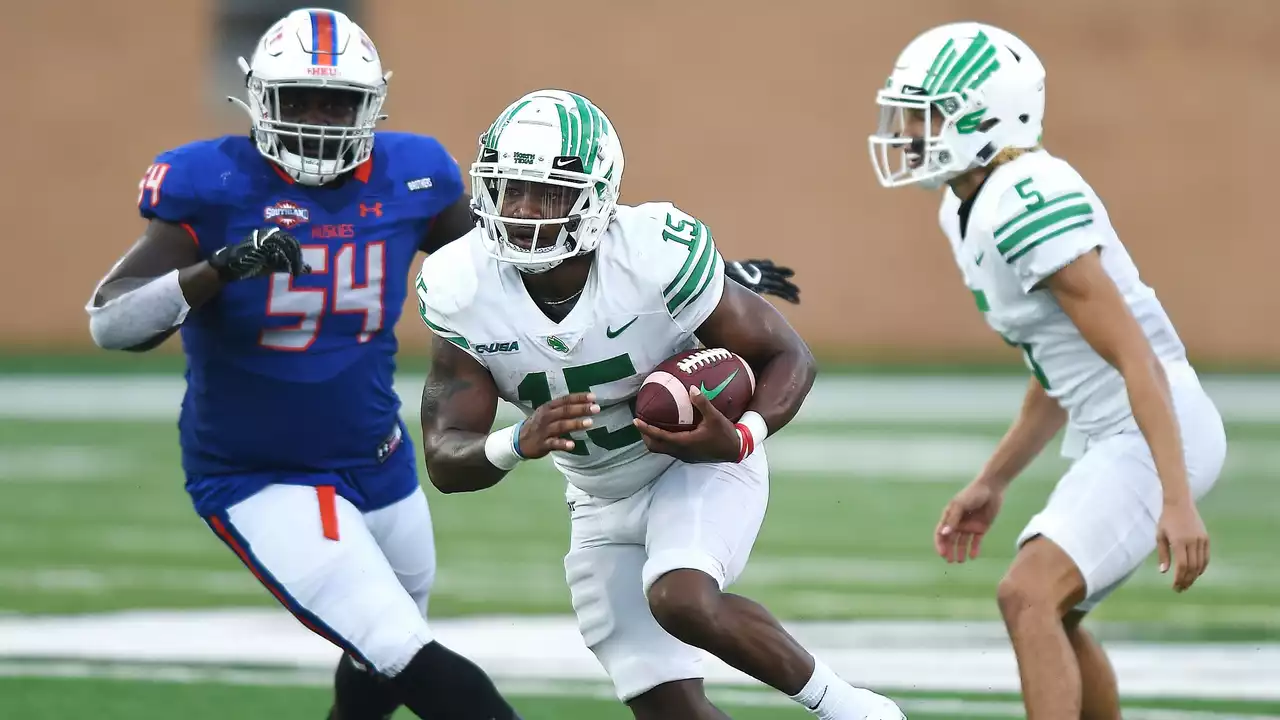Schedule Selection: Picking the Right Times for Sports Action
When working with schedule selection, the process of picking the most suitable dates and times for sports events, matches, and broadcasts. Also known as event timing choice, it helps fans, teams, and broadcasters align their plans. Schedule selection isn’t just a calendar entry – it’s a strategic decision that balances venue availability, player travel, TV slots, and ticket demand.
Why schedule selection matters for everyone involved
Fixture planning, the step where leagues map out which clubs meet where and when sits at the heart of any good schedule. Good fixture planning reduces travel fatigue, avoids clashes with other major events, and keeps the competition fair. At the same time, broadcast timing, the window TV networks reserve for live coverage drives revenue because prime‑time slots attract more advertisers and viewers. When you combine fixture planning with broadcast timing, you get a schedule that satisfies both the sporting side and the commercial side. Add ticket availability, the way seats are released and priced for each match and the picture is complete: fans can plan trips, teams can manage logistics, and broadcasters can sell air time.
People often wonder how schedule selection impacts the fan experience. A well‑timed match means you can catch the game after work, travel to a nearby stadium, and still make it home for dinner. Conversely, a poorly timed fixture may force you to choose between the game and other commitments, hurting attendance and atmosphere. That’s why many clubs now use data‑driven tools to simulate different scenarios before locking in the calendar. The goal is to maximize attendance, minimize player fatigue, and squeeze the most out of broadcast deals. In practice, this means looking at historic weather patterns, local holidays, and even public transport schedules when setting dates.
The posts below show schedule selection in action across sports. From Coventry City’s clash at Hillsborough to the Asia Cup match in Abu Dhabi, each article highlights how timing, venue choice, and broadcast plans shape the story. You’ll see how pick‑up soccer spots in Los Angeles depend on park availability, how Fox Sports on Roku fits into streaming schedules, and why the NFL debates moving to an 18‑game season to stretch the calendar. Whether you’re a fan planning your weekend, a club manager arranging travel, or a broadcaster chasing prime slots, the ideas here give you a clear picture of why smart schedule selection is the backbone of modern sport.
